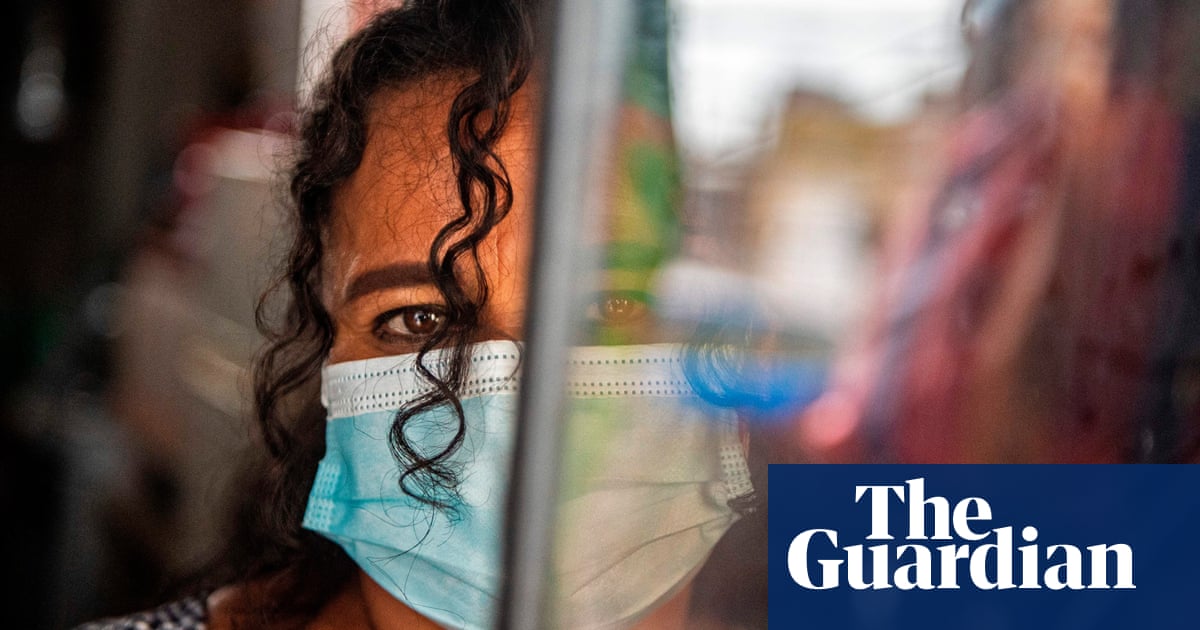
A UN committee has urged Peru to compensate women who were forcibly sterilised in the 1990s, ruling that the state policy could constitute a “crime against humanity”.
Forced sterilisation was part of a programme implemented by Peru’s then president Alberto Fujimori during the final four years before he left office in 2000 after a decade in power.
The United Nations committee on the elimination of discrimination against women said hundreds of thousands of people had been affected. The 23-member committee issued its finding after reviewing a joint complaint filed by five victims who were forcibly sterilised between 1996 and 1997. “The victims claimed that the forced sterilisations they underwent had severe and permanent consequences for their physical and mental health,” it said in a statement.
The experts denounced Peru’s failure to properly investigate the violations and compensate the victims, urging the country to put in place a “comprehensive reparation programme for victims”.
It said “widespread or systematic forced sterilisation could constitute a crime against humanity”.
The women, who brought their case to the committee in 2020, described “a consistent pattern of being coerced, pressured, or deceived into undergoing sterilisations at clinics lacking proper infrastructure or trained personnel”, committee member Leticia Bonifaz said in the statement.
She called it a “systematic and generalised attack against rural and Indigenous women”, carried out without their full understanding or consent.
The committee described the case of one victim from Pichgas in central Peru who said she was stopped on the street by medical practitioners in October 1996.
The woman, who said she was illiterate and never signed anything, was put to sleep and when she woke up, nurses told her: “You won’t be having children now, we’ve cured you,” the statement said.
“She felt strong pains in her abdomen but was immediately discharged and had to walk back home without any post-operative care,” it said.
“When her husband found out that she had been sterilised, he abandoned her.” The committee determined that the programme constituted “sex-based violence against women”.
Its opinions and recommendations are not enforceable.
While Peru had argued the sterilisation programme was part of a broader reproductive health policy, with procedures carried out on both men and women, the experts noted that 25,000 men were forcibly sterilised, compared with over 300,000 women.
Source: theguardian.com

















